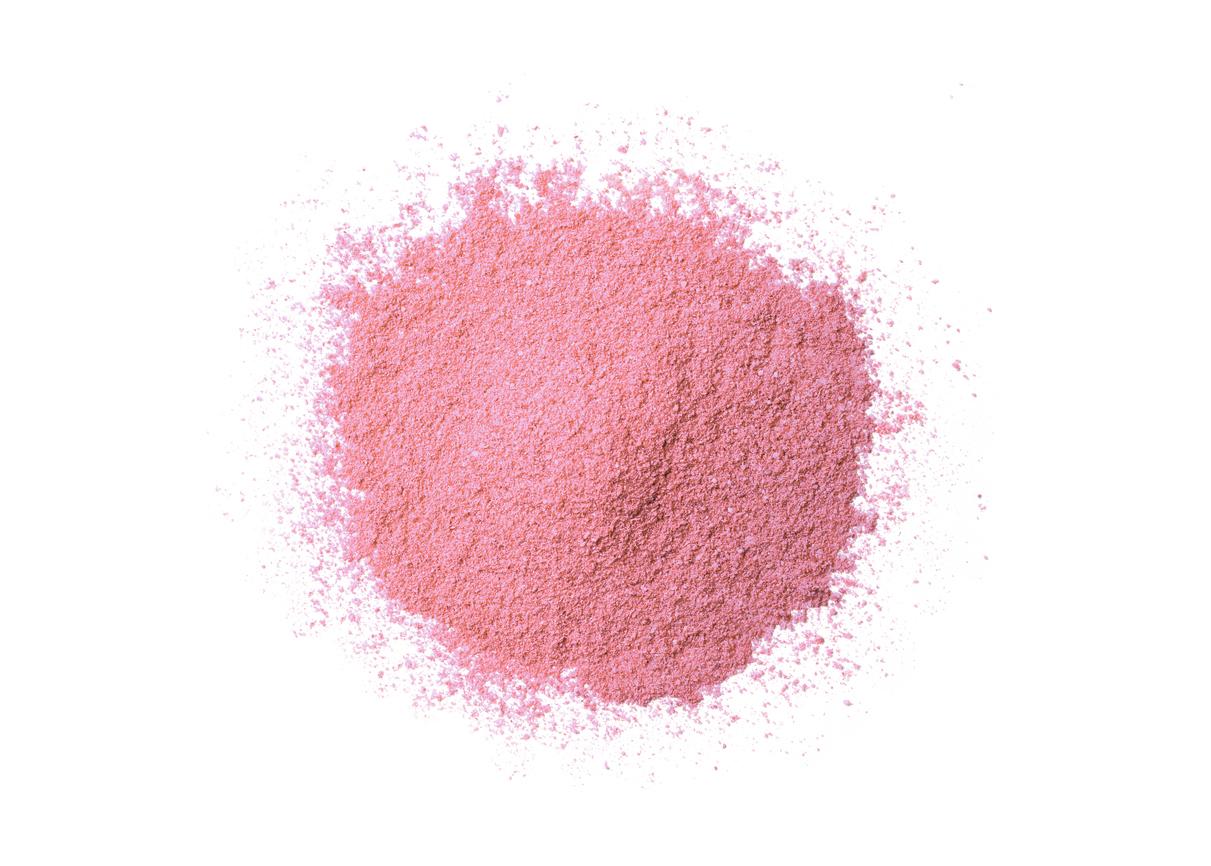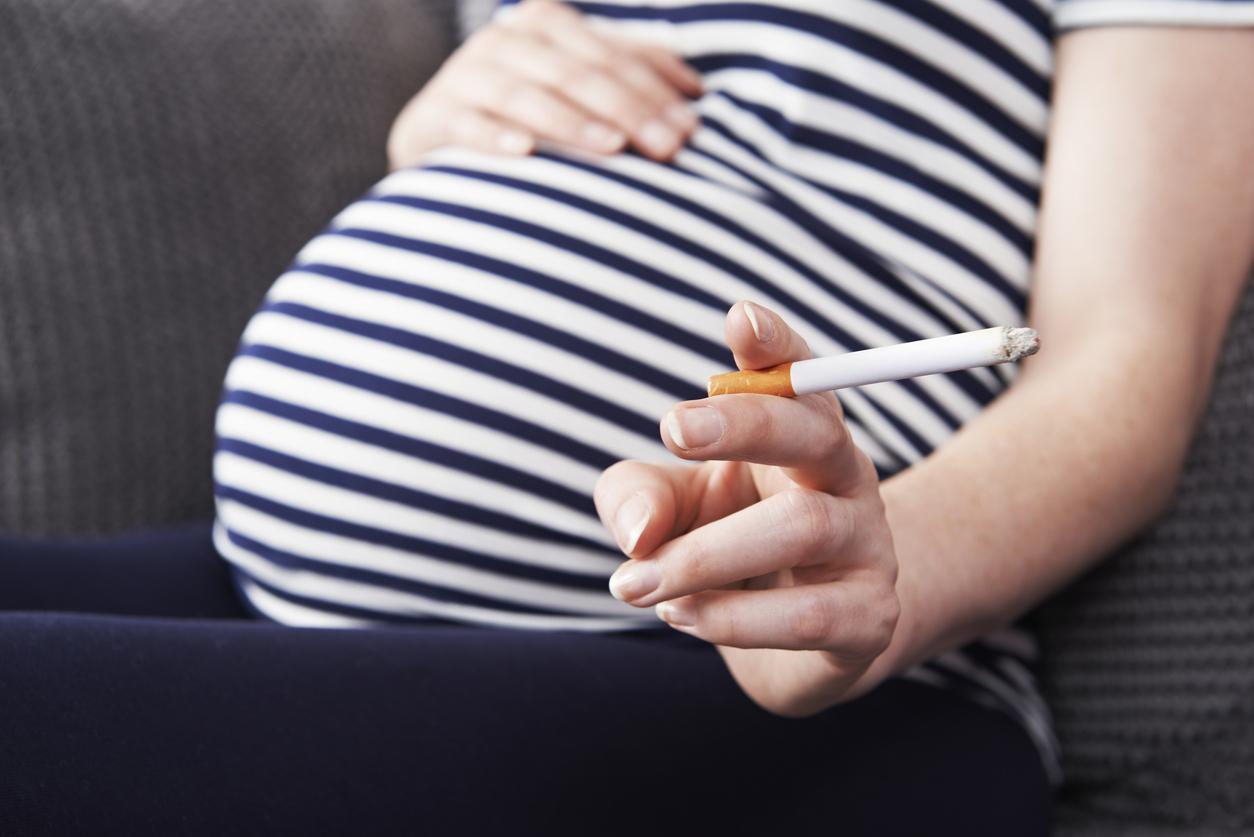An increase in hospital visits linked to alcohol and drug use disorders is observed when temperatures are high, and could be worsened by climate change.

- High temperatures and climate change may contribute to the rise of drug and alcohol disorders, a new study suggests.
- The researchers observed, in fact, an increase in hospital visits for disorders linked to these substances when the temperature was higher.
- Scientists are advocating to raise public awareness of the dangers of consuming alcohol and substances during periods of extreme heat.
Rising temperatures would not only increase cases of dehydration, heat stroke or heart problems. According to a study by Columbia researchers University Mailman School of Public Healthclimate change would encourage an increase in hospitalizations due to disorders linked to alcohol and drugs.
Alcohol: an increase in consultations when the temperature rises
For their work, the researchers examined the relationship between temperature and hospital visits related to alcohol and other drugs (cannabis, cocaine, opioids and sedatives) in New York State. They thus gathered the files of 671,625 alcohol-related visits and 721,469 consultations for disorders linked to the use of illicit substances. The team then compared them with data from the region’s daily temperature and humidity records over the past 20 years.
The analysis shows that the higher the temperatures, the more hospital visits for alcohol-related disorders. These increases could “potentially be due to increased time spent outdoors performing riskier activities, consuming more substances in more pleasant weather, increased sweating causing greater dehydration, or driving under the influence influence”explain the authors in their communicated.
A similar effect observed with the drug
When it comes to drug-related disorders, research has also found a link between rising temperatures and an increase in hospital visits. However, this effect was only observed up to a limit of 18.8°C. The authors warn, however, that “Their study may underestimate the link between increased temperature and substance use disorders because the most severe disorders may have resulted in deaths before a hospital visit was possible” .
The scientists also emphasize that their work, published in the journal Communications Medicine, show the need to raise awareness among the population about the dangers of alcohol and substance consumption during periods of extreme heat, especially in this context of climate change.


















